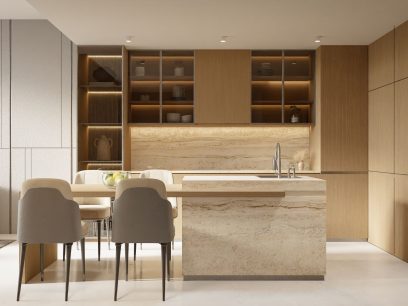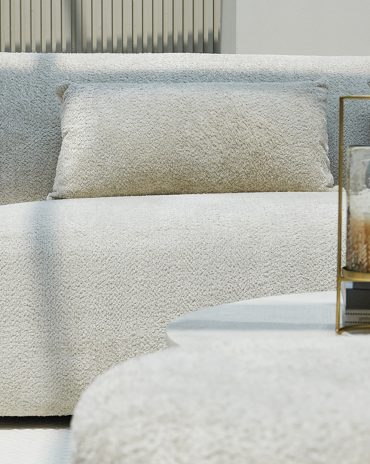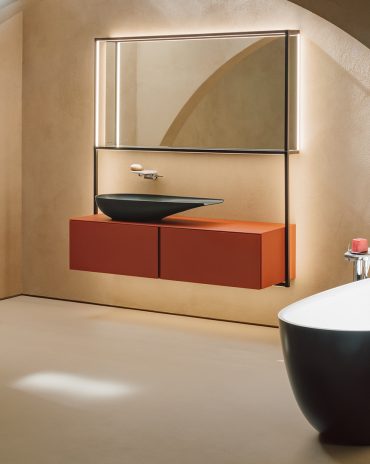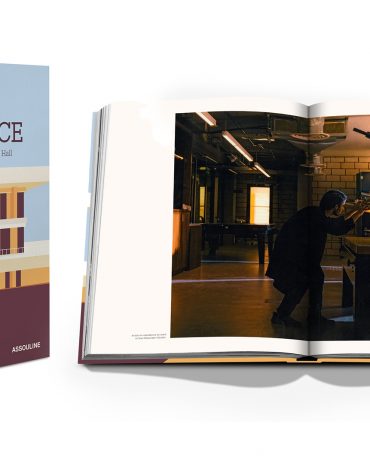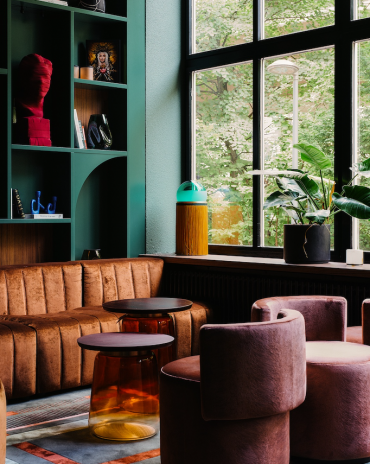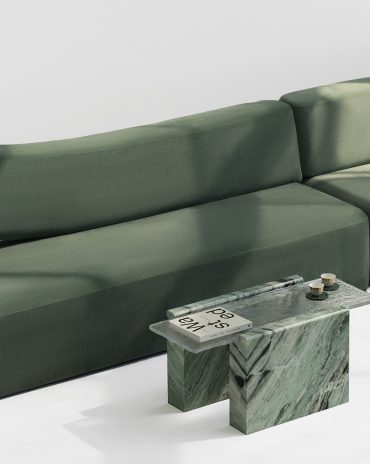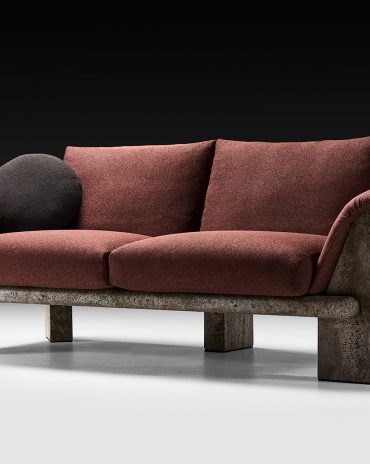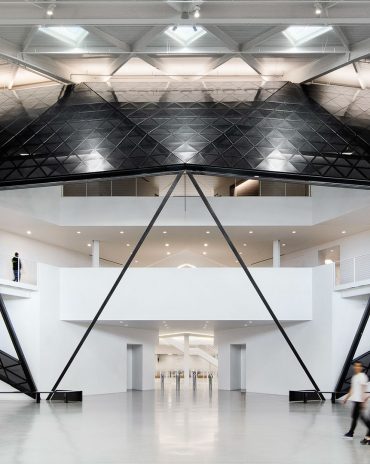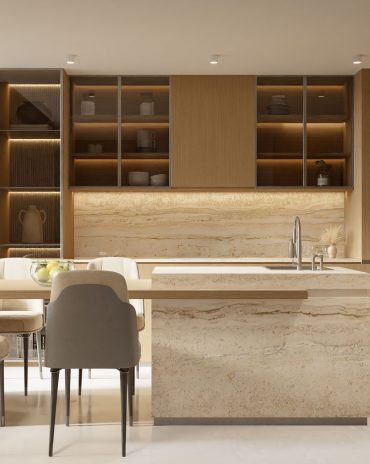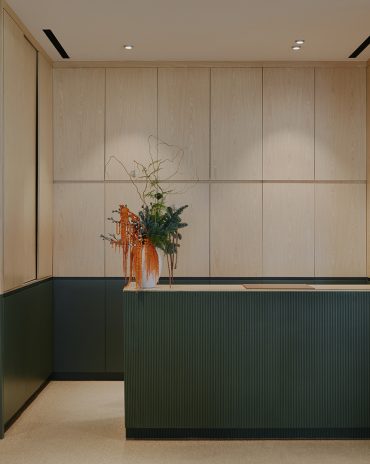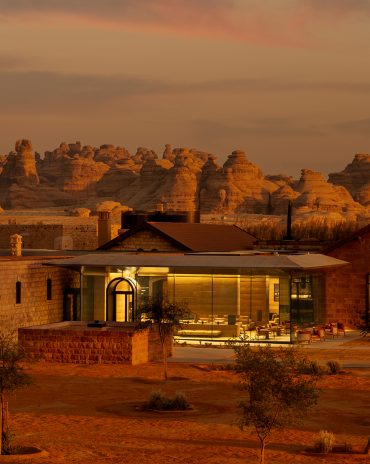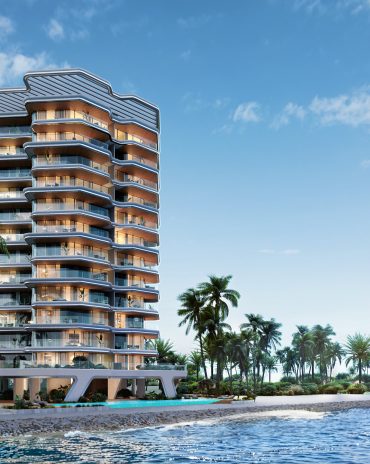Copyright © 2025 Motivate Media Group. All rights reserved.
Five ways to style rugs
We consult Monica Arango of C'est Ici Design to give her insights on how to style rugs
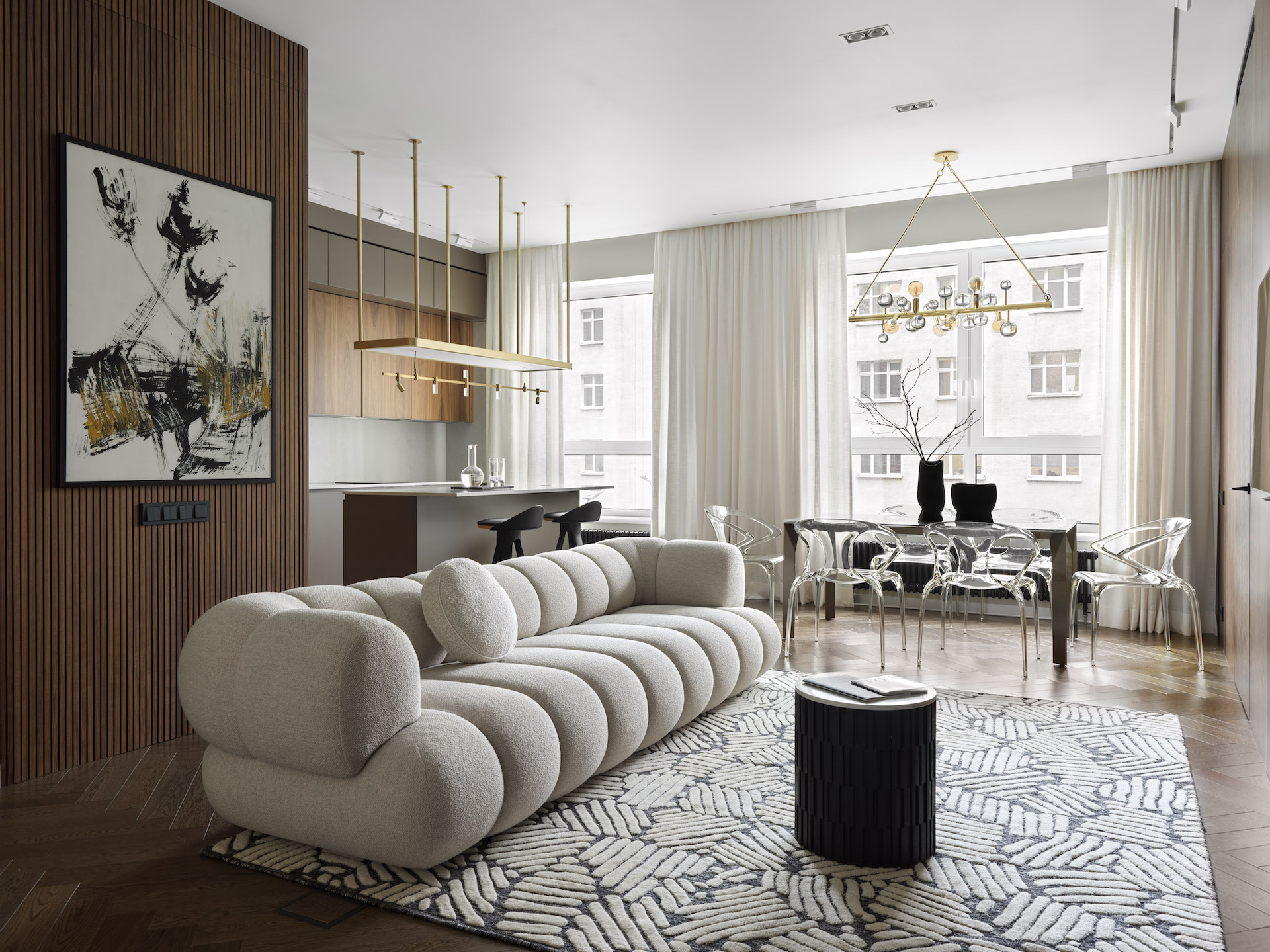
Rugs are the ultimate shapeshifters of the design world. With the power to transform a room from mundane to magnificent with just a touch of texture, color, or pattern, their significance extends far beyond mere aesthetics. A rug is a versatile piece that can shape the ambiance and functionality of any space it graces. Whether you are seeking to spruce up your home or craft the perfect commercial space, here are five essential tips for styling rugs to create the perfect blend of function and style, by Monica Arango of C’est Ici Design.
1. Make it Part of the Design concept
The first step to styling a rug is to ensure that it feels like it’s a part of the design concept. Identify the key elements like the color scheme and textures and look for a rug that complements these elements. For instance, at C’est ici Design, our signature style is minimalist chic, and we often work with a lot of neutral tones. Therefore, we love bringing in colors and patterns to the space by adding a rug that complements our design concept.
2. Balance Aesthetics and Functionality
A rug is so much more than a design element. It can add warmth to a room, define a space or dampen noise. Determine the rug’s purpose and select a rug that meets your functional and aesthetic preferences. In dining areas, choose a rug that accommodates chair movement. Prioritize durability and ease of maintenance when selecting a rug for high-traffic areas such as a waiting lobby.
3. Size Matters
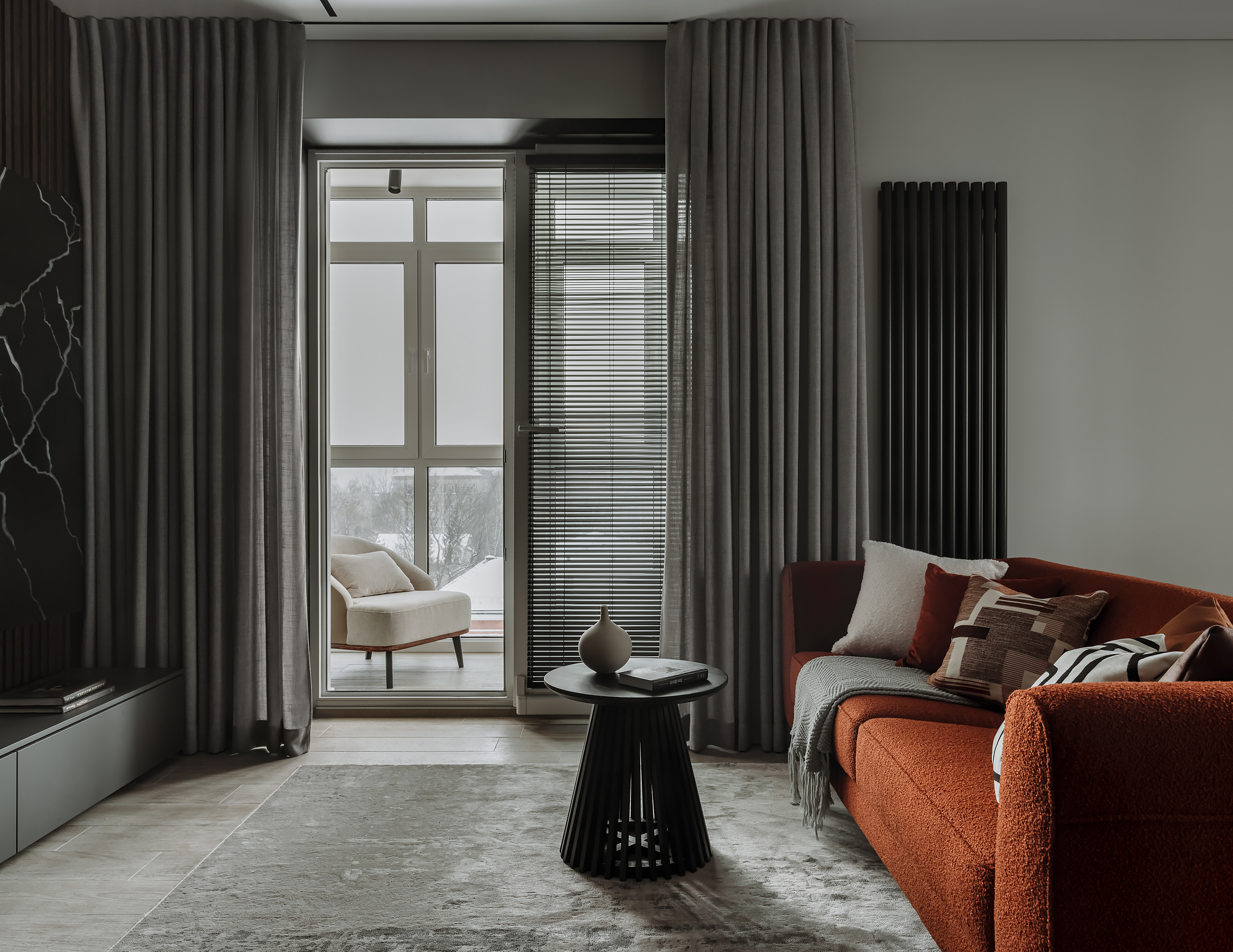
In open floor plans, use area rugs to define different living zones.
Photo Credit: Design: ROOM Studio, Style: Yana Yakhina, Photo: Olga Shangina
It is important to choose a rug that fits the scale of your room and its furniture arrangement. A rug that is too small can make the room feel disjointed. A well-sized rug in a living room should comfortably accommodate all key furniture pieces, extending beyond the edges to create visual unity and anchor the seating area. Several brands, like Art de Vivre, offer the option to customize a rug that fits seamlessly into the space, harmonizing with its dimensions and style – a one-shade customized rug only takes two to four weeks to make. Additionally, digital printing technology enables intricate and customizable patterns.
4. Explore Materials
Consider the material, weave, and construction of the rug based on your lifestyle and needs. A wool rug is usually more durable, while a silk rug adds luxury and refinement to the space. Similarly, natural fibers like jute are great for casual spaces. Another tip is to choose a rug that feels good underfoot, especially for areas where you often walk barefoot.
5. Use Rugs as Art
Rugs are not just for the floor anymore. Hang them on walls to add texture, color, and visual interest to the space, lending a unique character to the room. There is often an inspiring story about the history and craftsmanship of the rug that makes it a meaningful addition to any space, transforming it into a piece of art.
The Latest
Textures That Transform
Aura Living’s AW24 collection showcases the elegance of contrast and harmony
Form Meets Function
Laufen prioritises design, functionality and sustainability in its latest collections
Preserving Culture, Inspiring Creativity
Discover the Legacy of a Saudi Art Space: Prince Faisal bin Fahd Arts Hall explores the Hall’s enduring influence on the cultural fabric of Saudi Arabia
Channelling the Dada Spirit
Free-spirited and creative, The Home Hotel in Zurich injects a sense of whimsy into a former paper factory
id Most Wanted- January 2025
Falaj Collection by Aljoud Lootah Design
Things to Covet in January
identity selects warm-toned furniture pieces and objets that align with Pantone’s colour of the year
Shaping the Future of Workspaces by MillerKnoll
Stacy Stewart, Regional Director Middle East & Africa of MillerKnoll discusses the future and evolution of design in workspaces with identity.
Shaping Urban Transformation
Gensler’s Design Forecast Report 2025 identifies the top global design trends that will impact the real estate and built environment this year
Unveiling Attainable Luxury
Kamdar Developments has launched 105 Residences, a new high-end development in Jumeirah Village Circle.
The Muse
Located in the heart of Jumeirah Garden City, formerly known as ‘New Satwa’, The Muse adds to the urban fabric of the area
Cultural Immersion Meets Refined Luxury
The Chedi Hegra opens its doors in AlUla’s UNESCO World Heritage Site
Redefining Coastal Luxury
Sunshine Bay on Al Marjan island combines seaside views, exceptional design, and world-class amenities to create a unique waterfront haven


